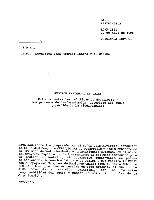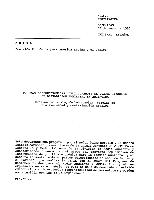Gestión ambiental en Chile: relación entre las políticas de desarrollo y los procesos de deforestación, deterioro del suelo y pérdida de la biodiversidad
Proyecto Aplicación de Instrumentos de Política Económica para la Gestión Ambiental y el Desarrollo Sustentable en Países Seleccionados de América Latina y el Caribe






